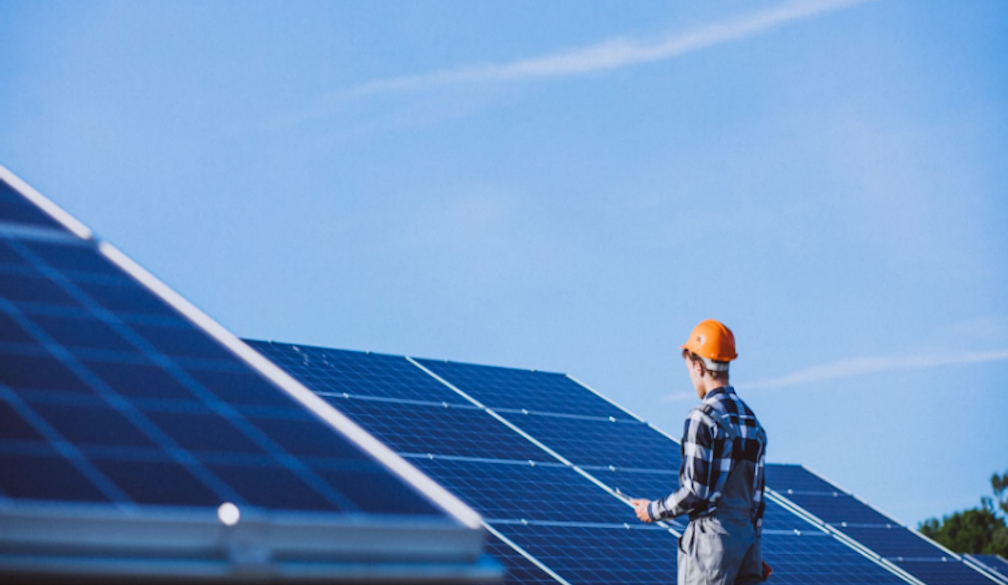Critical Considerations for Successful Solar Panel Installations
- Written by MISS.com.au

Embarking on a journey towards solar energy is an exciting endeavour that promises sustainability, savings, and energy independence. However, the success of a solar panel installation hinges on careful planning and consideration of various factors. From assessing your energy needs to selecting the right equipment and finding a reputable installer, every step in the process plays a crucial role in ensuring the effectiveness and efficiency of your solar system.
In this article, we will delve into the key considerations that are essential for a successful solar panel installation. By understanding and addressing these factors, you can confidently embark on your solar journey, knowing that you are making informed decisions to maximise the benefits of solar energy for your home and the environment.
As the demand for clean and renewable energy rises, more homeowners turn to solar power as a sustainable solution to meet their energy needs. However, navigating the solar installation process can be daunting, especially for those new to solar energy. You must arm yourself with knowledge and guidance to ensure a smooth and successful transition to solar power. Whether you're motivated by environmental concerns, energy savings, or energy independence, understanding the critical considerations for a successful solar panel installation is the first step towards achieving your renewable energy goals.
Assessing Your Energy Needs
Before starting the solar installation process, it's essential to assess your energy needs accurately. Evaluate your historical electricity consumption, peak usage times, and future energy requirements to determine the size and capacity of the solar panel system needed to effectively meet your household's needs. Consider factors such as the size of your roof, its orientation, shading, and local weather patterns to optimise solar energy production and maximise savings.
Choosing the Right Equipment
Selecting high-quality solar panels, inverters, and mounting systems is crucial for the success of your solar installation. Research reputable manufacturers and products are known for their reliability, efficiency, and durability. Consider panel efficiency, warranty coverage, and compatibility with your energy goals and budget. Consult with solar professionals to ensure you choose the right equipment that aligns with your specific needs and maximises the performance of your solar panel system.
Finding a Reputable Installer
Partnering with a reputable and experienced solar installer is essential for a successful solar panel installation. Research local installers, read customer reviews, and ask for recommendations from friends or family who have gone solar. Look for installers certified by reputable organisations such as the North American Board of Certified Energy Practitioners (NABCEP) to ensure they meet industry standards and have the necessary expertise to install your solar system safely and efficiently.
Evaluating Financial Incentives and Financing Options
Explore available financial incentives, rebates, and tax credits offered by federal, state, and local governments to offset the upfront costs of solar panel installations. Additionally, research financing options such as solar loans, leases, or power purchase agreements (PPAs) to make solar energy more accessible and affordable. Calculate your solar panel system's return on investment (ROI) and payback period to accurately assess its long-term financial benefits.
Planning for Maintenance and Monitoring
Once your solar panel system is installed, plan for ongoing maintenance and monitoring to ensure optimal performance and longevity. Schedule regular inspections, cleanings, and maintenance checks to prevent potential issues and maximise energy production. Consider investing in monitoring systems or software to track your system's performance, energy production, and savings in real-time, allowing you to identify any issues promptly and optimise energy usage.
Conclusion
By carefully considering these key factors and following best practices, you can ensure a successful solar panel installation that maximises your investment and benefits your wallet and the environment. With the proper planning, equipment, installer, and financing options, you can harness the sun's power to power your home sustainably and enjoy significant long-term savings on your energy bills.

